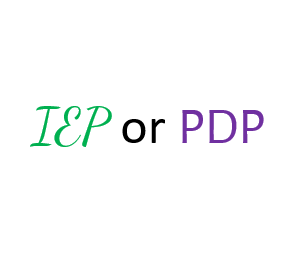When Doing Good Isn’t Good Enough

Achievement test scores are objective, black and white. Applying significance to the scores is subjective. I remember a private test I gave some time ago. It was scored and the results were ready to be presented to the parents. Normally the results are discussed apart from the student, but I made an exception. The student’s percentile rank of 87 put him in the top 13 percent of the nation. I wanted to affirm him in the presence of his mother as I shared the good news. As I said, “Your son did a great job,” the parent’s frown made it clear that she didn’t see it that way.
The parent reprimanded me for giving a “false interpretation” of her son’s performance. It was awkward. Relief came when the mother’s attention turned away from me and was directed toward her son. The disappointed look she gave him suggested he had underperformed, and that school would continue into the summer until he scored up to his potential. He didn’t say anything and simply followed her out of the office. I was glad when they drove off.
The scores on an achievement test report are objective; Interpreting them not so much. Objectively, a percentile rank of 87 does place the student in the high average range, compared to students nationwide.
Percentile ranks compare raw scores (the number right out of the number possible) of the student taking the test to students nationwide. Subjectively though, scores placing the student in the high average range may or may not represent a “good job.” That is a value judgment. It could be that this percentile, achieved by a student with an exceptional IQ, may actually represent an underachievement. Likewise, an 85 posted by a student with average abilities who worked hard all year would indicate a remarkable achievement.

Western music great, Willie Nelson, when describing his golf game, said, “Par is whatever I say it is.” No one was going to argue with him. He was, after all, at his own private course, or so the story goes. The subjective nature of scores must be acknowledged.
To summarize, many factors should be considered when interpreting and assigning value to test scores. Factors like the child’s ability, work ethic, home environment, etc. One thing is certain though. Your interpretation, your value judgment, your words, carry tremendous weight with your children.
Thanks for Reading!
Curt Bumcrot, MRE

It’s the final to week to take advantage of discount pricing on achievement tests for 2021. If you plan to test this spring and want to save some money, register and pay for testing by Sunday, January 31. You may schedule your student’s test anytime in 2021 so take a look now at the 2021 remote group testing dates.
Beginning February 1st, prices go up.
To take advantage of this offer, go here.







